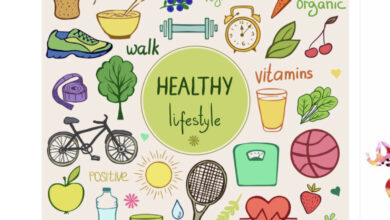DIETARY SUGAR AND HEALTH OUTCOMES

It’s old news that the sugar in our foods and beverages is not good for us. It’s a well-known fact that there are associations between dietary sugar consumption and “18 endocrine/metabolic outcomes, 10 cardiovascular outcomes, seven cancer outcomes, and 10 other disease states.” That says that the many different forms of sugar present in the dietary items we consume, contribute to obesity, diabetes, cardiovascular disease, gout, tooth decay, some cancers, and a host of other bad outcomes (health situations).
Researchers in Chengdu, China collaborated with University of California Davis School of Medicine scientists and evaluated data and information from 8601 scientific articles. They concluded that “high dietary sugar consumption, especially intake of sugars that contain fructose, is harmfully associated with large numbers of health outcomes.” These outcomes include “changes in body weight (sugar-sweetened beverages), ectopic fat accumulation (added sugars), obesity in children (sugar-sweetened beverages), coronary heart disease (sugar-sweetened beverages), and depression (sugar-sweetened beverages). Evidence of the association between dietary sugar and cancer remains limited….”
This report is good quality evidence of the harm we do ourselves when we eat foods processed with added sugars. These include “processed and prepared foods and drinks “ and “fruits and fruit juices that have sugar added.” Sugar-sweetened beverages are “the largest source of added sugars, including carbonated and non-carbonated soft drinks, fruit drinks, and sports and energy drinks…..consumption of sugar-sweetened beverages is still increasing in many developing countries….. In 2009-2010, sugar-sweetened beverage consumption contributed 8% and 6.9% of daily energy intake among children/adolescents and adults, respectively, in the U.S.” Policies to recommend limiting the consumption of free sugars or added sugars have become a priority.
To reduce the many bad outcomes listed previously, this article recommends the following:
1. Reduce consumption of free sugars or added sugars to below 25g/day (6 tsps/day)
2. Limit the consumption of sugar-sweetened beverages to less than one serving a
week (7-12 oz/week).
Six teaspoons of sugar a day sounds like a lot, but that includes all the sugar added to every item you eat or drink. If you drink a lot of Coke, GatorAde, or orange juice every day, that limit is easily exceeded. Limiting oneself to 7-12 oz of any beverage (except water) per week is very difficult. But the studies have shown adverse outcomes with excessive consumption so there’s no doubt we all would be better off if we followed those guidelines.
References: Huang Y, et al. Dietary Sugar Consumption and health: Umbrella Review. BMJ 2023 Apr 5;381:e071609.
Medical News In Brief. Study: No more than 6 Teaspoons of Added Sugar per Day. JAMA 2023 May 9;339(18):1543.




